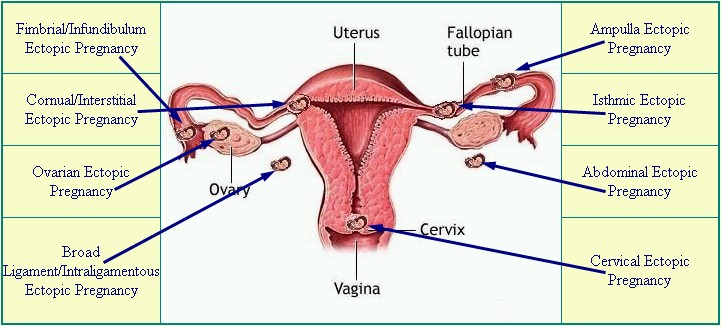Interstitial Pregnancy Symptoms
Uterine rupture has been typically reported to occur at more advanced gestational ages.
Interstitial pregnancy symptoms. Interstitial or cornual ectopic pregnancy accounts for 2 3 of all ectopic gestations fig. The clinical evaluation of patients with interstitial pregnancy has changed over the years because of recent advances in early diagnosis and a higher index of suspicion with the significant increase in incidence of ectopic pregnancy. An interstitial pregnancy is a uterine but ectopic pregnancy. 62 one third of all interstitial pregnancies are detected in the ivf group of patients.
It accounts for 2 4 of all ectopics and is the most common site for an atypical ectopic pregnancy. The pregnancy is located outside the uterine cavity in that part of the fallopian tube that penetrates the muscular layer of the uterus. Interstitial nephritis can be acute sudden or chronic long term. Once a month an ovum secondary oocyte.
39 52 two predisposing factors are in vitro fertilisation ivf and a history of an ipsilateral salpingectomy. Mortality rate is 6 7 times higher than that in classical ectopic pregnancy. The term cornual pregnancy is sometimes used as a synonym but remains ambiguous as it is also applied to indicate the presence of a pregnancy located within the cavity in one of the two upper. The most common symptoms of interstitial pregnancy are abdominal pain and vaginal bleeding in the first trimester of pregnancy.
Interstitial ectopic pregnancy is defined as the ectopic gestation developing in the uterine part of the fallopian tube. Symptoms of interstitial nephritis the most common symptom of interstitial nephritis is a decrease in the amount a person urinates. If you have interstitial cystitis your symptoms may also vary over time periodically flaring in response to common triggers such as menstruation sitting for a long time stress exercise and sexual activity. How pregnancy affects ic.
The average gestation period for a human pregnancy is 10 lunar months 280 days from the first day of the last menstrual period. The term interstitial pregnancy is sometimes interchangeably used with cornual pregnancy but the latter specifically refers to the presence of a gestational sac within a rudimentary uterine horn a unicornuate uterus cornua of a bicornuate uterus or septate uterus. The signs and symptoms of interstitial cystitis vary from person to person. Preg nan se the condition of having a developing embryo or fetus in the body after union of an oocyte ovum and spermatozoon.
It is a rare event constituting only 5 of all tubal ectopic pregnancies and is associated with a high rate of complications the condition is difficult to diagnose both clinically and sonographically. Unfortunately there is limited scientific data on the subject of interstitial cystitis ic and pregnancy.
